Truth is Beauty: Science and the Catholic Imagination
August 9-14, 2020
“The multiplicity and distinction existing among things were devised by the divine intellect and were carried out in the real order so that the divine goodness might be mirrored by created things in variety, and that different things might participate in the divine goodness in varying degree. Thus the very order existing among diverse things issues in a certain beauty, which should call to mind the divine wisdom.” ― St. Thomas Aquinas
Led by Wyoming Catholic College faculty, 2020 Wyoming School of Catholic Thought focused on experiencing the beauty of Creation through scientific knowledge in the context of a well-formed Catholic way of understanding all of life.
The notion that science is the only reliable and true way of knowing permeates our society and culture. It is, as they say, in the air we breathe. And make no mistake, we all breathe that air and are influenced by this idea. The result is an impoverished imagination, a way of seeing the world that is incomplete, inadequate, and unreliable.
By contrast, Wyoming School participants discovered that a well-formed Catholic imagination provides a broad and rich way to understand our lives and the world around us. It revels not only in scientific knowing, but in religious and poetic knowing as well as the way the three interact to give us a complete view of life.
What Participants Said
- “The readings were excellent—stimulating and challenging.”
- “Each leader had something unique to offer.”
- “The panel discussion and our lunch discussions really brought the topic of the week to life in its application to life.”
- “The seminar configurations made for vibrant conversations.”
- I learned “how much more beautiful Nature is than I ever thought.”
- I was surprised by “the correspondence of the Medieval view of the cosmos and the Modern view.”
- “Table Talk night was a great chance to pick the brains of the professors.”
Readings
- Leon Kass, “Looking Good: Nature and Nobility” from Toward a More Natural Science: Biology and Human Affairs
- S. Lewis, The Discarded Image: An Introduction to Medieval and Renaissance Literature, Chapter V and Epilogue
- Alec Rosenberg, “Scientism Versus the Theory of Mind”
- Hans Christian Andersen, “The Pen and the Inkstand”
- Genesis 1:1-2:3
- Charles De Koninck, “The Lifeless World of Biology”
- Selected Poems:
- Henry Vaughn, “Water-fall”
- Gerard Manley Hopkins, “God’s Grandeur,” “Pied Beauty,” “The Windhover”
- William Wordsworth, “The World is Too Much With Us,” “The Tables Turned”
- Robert Frost, “Never Again Would Bird’s Song Be the Same”
- Aristotle, Selection from “The Parts of Animals”
- Edna St. Vincent Millay, “Euclid alone has looked on Beauty bare”
- Jacques Maritain, “Art and Beauty,” from Art and Scholasticism
If you’re interested in hearing some of the presentations, they were made available through the college’s “After Dinner Scholar” podcast and can be found below. (You can listen to the podcast itself online at the college website or by using Podbean or iTunes.)

